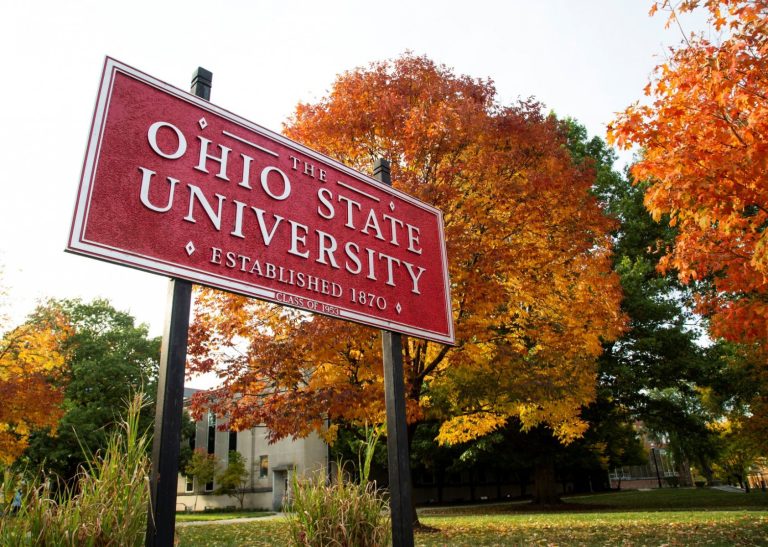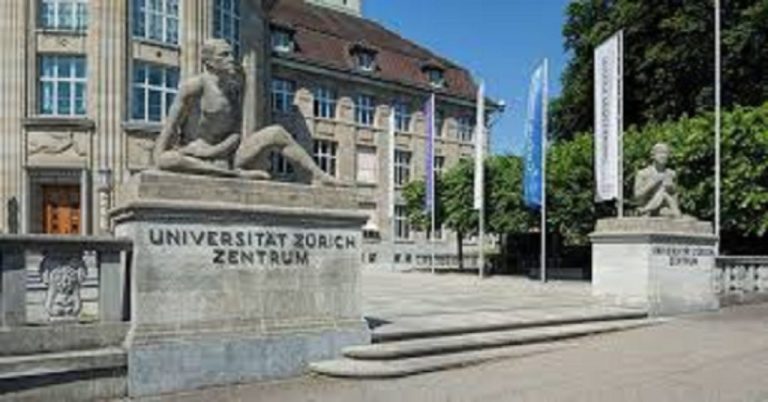Lund University was founded in 1666 and is repeatedly ranked among the world’s top universities. The University has around 47 000 students and more than 8 800 staff based in Lund, Helsingborg and Malmö. We are united in our efforts to understand, explain and improve our world and the human condition.
Lund University welcomes applicants with diverse backgrounds and experiences. We regard gender equality and diversity as a strength and an asset.
The Earth’s magnetic field acts as a shield against harmful cosmic radiation and is a fundamental component for the habitability of our planet. The cosmic rays that do reach Earth’s atmosphere leave a trail of cosmogenic radionuclides that can be used to study past variations in the geomagnetic field as well as changes in the Sun’s activity. In addition, these radiogenic isotopes act as natural tracers that can be used to study past changes in the atmospheric circulation patterns and the carbon cycle.
The announced PhD position is part of the ERC project “Core dynamics on millennial timescales (PALEOCORE)”. The project will use novel statistical methods to jointly model variations in solar activity, geomagnetic field and climate related processes based on a combination of high-resolution cosmogenic radionuclide data from polar ice cores and tree-ring archives and geomagnetic field data. The method will be applied to different time periods, including the Laschamps excursion 41,000 years ago when the geomagnetic field briefly collapsed. The project will provide unique information about the Sun and the carbon cycle during glacial times but will also help reveal fundamental processes in the core responsible for the geomagnetic field collapse.
Work duties
This project will primarily focus on developing new methods to address (i) climate processes that affect the atmospheric mixing and deposition of 10Be and 14C in natural archives and (ii) problems due to chronologic uncertainties. The PhD student will be part of a larger research team here in Lund that includes experts on cosmogenic radionuclides, geomagnetic field and computational and statistical physics. The project will also involve extensive exchanges with an associated research team in Kiel, Germany.
Work enviroment
The doctoral student will be enrolled in the PhD program in Computational Science (https://www.science.lu.se/sites/science.lu.se/files/2024-10/ASP_computational-science.pdf) and placed at the Department of Geology at Lund University. At the department, which from 2026 will be part of the Department of Earth and Environmental Sciences, we conduct research over a broad range of disciplines, including prolific research in geoscience and computational science and extensive collaboration with both national and international institutions.
The department hosts and is surrounded by excellent infrastructure and professional staff in several support functions. Lund University is a government agency which means that you, as a doctoral student, get benefits including e.g., generous paid annual leave, and health promotion benefits, see https://www.lunduniversity.lu.se/sites/www.lunduniversity.lu.se/files/benefits-lu-employees.pdf.
Eligibility
Students with basic eligibility for third-cycle studies are those who- have completed a second-cycle degree- have completed courses of at least 240 credits, of which at least 60 credits are from second-cycle courses, or- have acquired largely equivalent knowledge in some other way, in Sweden or abroad.
Additional requirements:
- When starting, the applicant is expected to hold a university degree (M.Sc. or equivalent) in geophysics or a closely related field of natural sciences.
- The degree must contain at least 30 credits in mathematics and at least 7.5 credits in programming.
- Documented very good oral and written proficiency in English.
We are looking for a creative person who thrives in a dynamic research environment. The project requires close collaboration with international researchers and the ability to work independently.
The following qualifications are an advantage, but not required:
- Documented experience with Bayesian methods and mathematical modelling.
The employment of doctoral students is regulated in the Swedish Code of Statues 1998: 80. Only those who are or have been admitted to PhD-studies may be appointed to doctoral studentships. When an appointment to a doctoral studentship is made, the ability of the student to benefit from PhD-studies shall primarily be taken into account. In addition to devoting themselves to their studies, those appointed to doctoral studentships may be required to work with educational tasks, research and administration, in accordance with specific regulations in the ordinance.
Assessment criteria
Selection for third-cycle studies is based on the student’s potential to profit from such studies. The assessment of potential is made primarily on the basis of academic results from the first and second cycle. Special attention is paid to the following:
- Knowledge and skills relevant to the thesis project and the subject of study.
- An assessment of ability to work independently and to formulate and tackle research problems.
- Written and oral communication skills
- Other experience relevant to the third-cycle studies, e.g. professional experience.
Consideration will also be given to good collaborative skills, drive and independence, and how the applicant, through his or her experience and skills, is deemed to have the abilities necessary for successfully completing the third cycle programme.
Type of employment
Limit of tenure, four years according to HF 5 kap 7§.
Instructions on how to apply
Applications shall be written in English and include a cover letter stating the reasons why you are interested in the position and in what way the research project corresponds to your interests and educational background. Additionally, within this cover letter, we kindly ask you to include a section (approximately half a page) stating the research direction you would like to focus on within the broader subject of Computational Earth Sciences. This short outline serves to demonstrate your scientific interests and creativity and can be different from this project.
The application must also contain a CV, degree certificate (if awarded at the time of application) or equivalent, a copy of the MSc thesis (or equivalent, or a summary if the thesis is not completed at the time of application) and other documents you wish to be considered (grade transcripts etc.). While we ask you to include contact information for one to three references, actual letters of recommendation are not needed at this stage. Candidates will be called for an interview before appointment.
We appreciate your interest in our position and look forward to receiving your complete application.
The Faculty of Science conducts research and education within Biology, Astronomy, Physics, Geosciences, Chemistry, Mathematics and Environmental Science. The Faculty is organized into eight departments, gathered in the northern campus area. The Faculty has approximately 1500 students, 330 PhD students and 700 employees.
The Department of Geology has a long and successful history of research with an international reputation throughout the entire geological field and offers nationally leading undergraduate programmes at Bachelor’s and Master’s levels. About 40 researchers/teachers and 20 research students are active at the department, which consists of two sub-departments: Quaternary Sciences and Bedrock Geology.
We kindly decline all sales and marketing contacts.
| Type of employment | Temporary position |
|---|---|
| First day of employment | 2025-03-01 |
| Salary | Monthly salary |
| Number of positions | 1 |
| Full-time equivalent | 100 |
| City | Lund |
| County | Skåne län |
| Country | Sweden |
| Reference number | PA2024/3244 |
| Contact | Andreas Nilsson, +46462223955 |
| Union representative | OFR/ST:Fackförbundet ST:s kansli, 046-2229362SACO:Saco-s-rådet vid Lunds universitet, kansli@saco-s.lu.seSEKO: Seko Civil, 046-2229366 |
| Published | 25.Oct.2024 |
| Last application date | 01.Dec.2024 11:59 PM CET |



